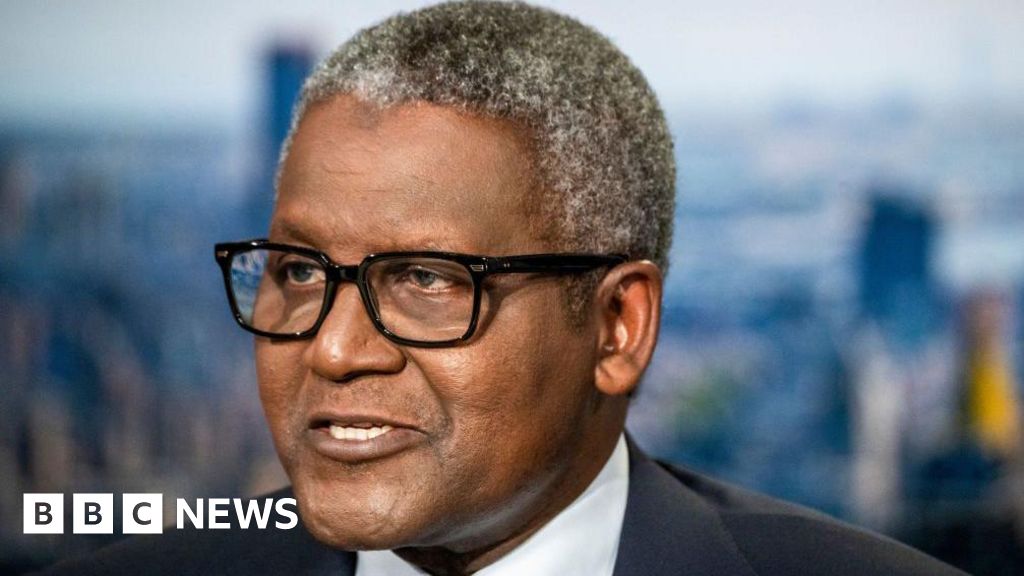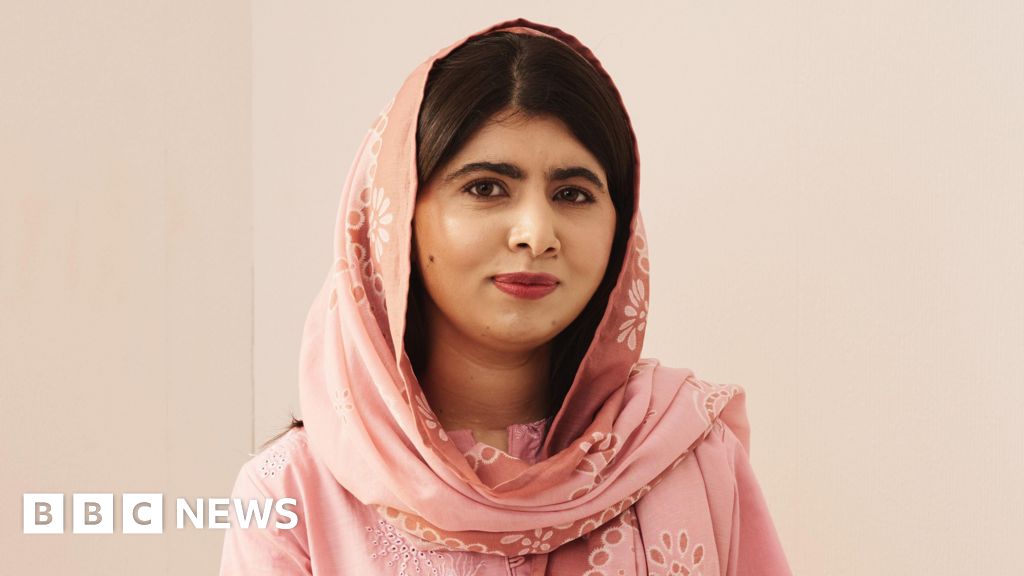ARTICLE AD BOX
By Paul Kirby
in Paris
France election: Macron pledges to unite France
Emmanuel Macron has won five more years as French president after a convincing victory over rival Marine Le Pen, who nevertheless secured the far right's highest share of the vote yet.
Projections give him victory by 58% to 42%, a greater margin than expected.
The centrist leader told jubilant supporters at the foot of the Eiffel Tower that now the election was over he would be a "president for all".
Despite her loss, Ms Le Pen said her vote share still marked a victory.
The ideas her National Rally represented, she told her supporters, had reached new heights. But far-right rival Eric Zemmour pointed out that she had failed just like her father who preceded her: "It's the eighth time the Le Pen name has been hit by defeat."
"An answer must be found to the anger and disagreements that led many of our compatriots to vote for the extreme right," Mr Macron said in his victory speech on Sunday night. "It will be my responsibility and that of those around me."
Mr Macron's victory was welcomed by relieved European leaders, who feared a far-right candidate offering a series of anti-EU policies. "Together we will move France and Europe forward," said European Commission President Ursula von der Leyen. UK Prime Minister Boris Johnson also congratulated him.
Congratulations to @EmmanuelMacron on your re-election as President of France. France is one of our closest and most important allies. I look forward to continuing to work together on the issues which matter most to our two countries and to the world.
🇬🇧🇫🇷
The BBC is not responsible for the content of external sites.View original tweet on Twitter
Turnout was estimated at around 72%, the lowest in a presidential run-off since 1969. Adding the almost three million spoilt or blank votes, that accounted for at least one in three voters. Mr Macron said his government would have to "answer their choice to refuse to choose".
Much of France was on holiday on the day of the vote, but the low turnout also reflected the apathy of voters who complained neither candidate represented them. A large proportion of young voters were said to have avoided the second round.
Far-left leader Jean-Luc Mélenchon, who was narrowly beaten by Ms Le Pen in the first round of voting two weeks before, was scathing about both candidates.
He said it was good news France had refused to place its trust in Marine Le Pen, adding that Mr Macron had been elected in a worse way than any other president. "He floats in an ocean of abstentions, and blank and spoiled ballots."
Marine Le Pen: "I will never abandon French people"
For all Mr Mélenchon's accusations, the president's re-election was a historic achievement. He is the first sitting president to be re-elected in 20 years.
Mr Macron chose a highly symbolic venue from the French Revolution for his victory speech in the Champs de Mars, telling cheering supporters that "no-one will be left by the wayside".
The cost of living crisis facing millions of French people became the number one issue of the election campaign, and the president's opponents accused him of arrogance and acting as a president of the rich.
However, Prime Minister Jean Castex told French radio that the president's re-election sent a strong message when France was going through a considerable crisis involving "many divisions and a lack of understanding".
For France's political leaders, the next task is to regroup and fight parliamentary elections in June. Mr Macron may have a majority for the moment, but defeated candidates from the first round already have the new campaign in sight.
Mr Mélenchon has already held out the prospect of defeating the president's centrist party and becoming prime minister. And in her speech on Sunday night, Ms Le Pen told supporters that the "match is not completely over" and the risks of Mr Macron holding on to complete power were high.

 2 years ago
18
2 years ago
18








 English (US)
English (US)